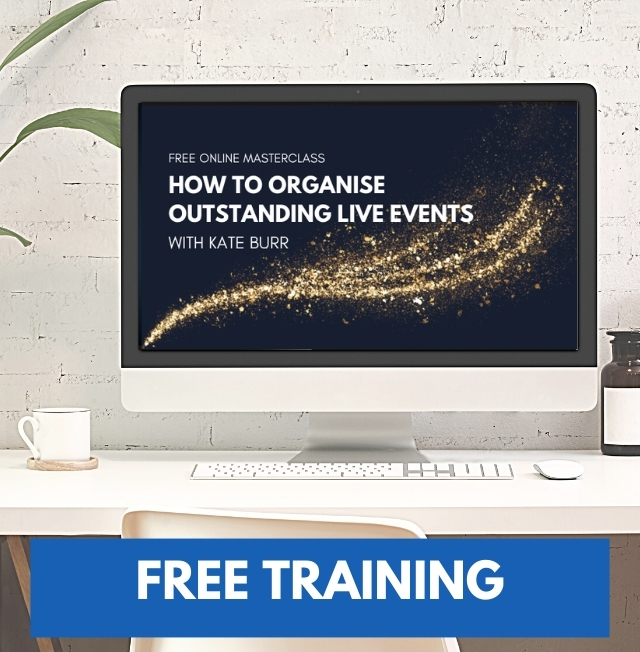So, you’ve found yourself in the driver’s seat of organising the upcoming Company Conference or Event—congratulations! Whether you’re riding the wave of enthusiasm or feeling the weight of responsibility, fear not. Here’s a practical guide to help you kick off your event planning journey on the right foot.
First of all, for any event to succeed, you need to understand what you are trying to do.
Events Provide a Unique Opportunity
To start, let’s acknowledge the unique opportunity that events present. I have a saying that “events provide a unique opportunity to bring people together, create shared experiences, and tap into the collective wisdom that only emerges when individuals gather as a group. It’s like magic, really!” And guess what? You’re the person responsible for bringing that magic to life!
The big question is, how are you going to do that? When you dive into planning your event, consider these fundamental questions:
- How will you bring them together?
Determine the format of your event. Is it in-person, online, or a hybrid model? Will it span a brief hour, a day, or extend over multiple days?
- What shared experience do you want them to have?
Choose the location wisely. Are you opting for the hustle and bustle of the city, the tranquillity of the suburbs, the rustic charm of the countryside, or the familiarity of an in-house setup? Think about incorporating activities that align with your event’s goals and the overall vibe you want to create.
- What collective wisdom do you want to extract?
Identify the key players contributing to this collective wisdom. Why are you organising this event? Clearly define the desired outcome and the best strategies to achieve that.
You Need a Clear Vision
Before delving into all the logistics, having a clear vision of your event’s purpose is crucial. Ask yourself why you’re bringing people together and what you hope to achieve. This clarity will serve as your guiding light throughout the planning process.
As the event organiser, you hold the reins to shape these experiences and interactions. Your role is not just about managing logistics; it’s about creating an environment that fosters collaboration, engagement, and the sharing of valuable insights.
In conclusion, navigating the unknown territory of event planning begins with answering these fundamental questions. Once you have a clear vision, the pieces of the puzzle start falling into place, and you can then work on bringing that vision to life!
So, take a deep breath, embrace the privilege and responsibility that comes with organising an event, and let the magic unfold! Good luck!




